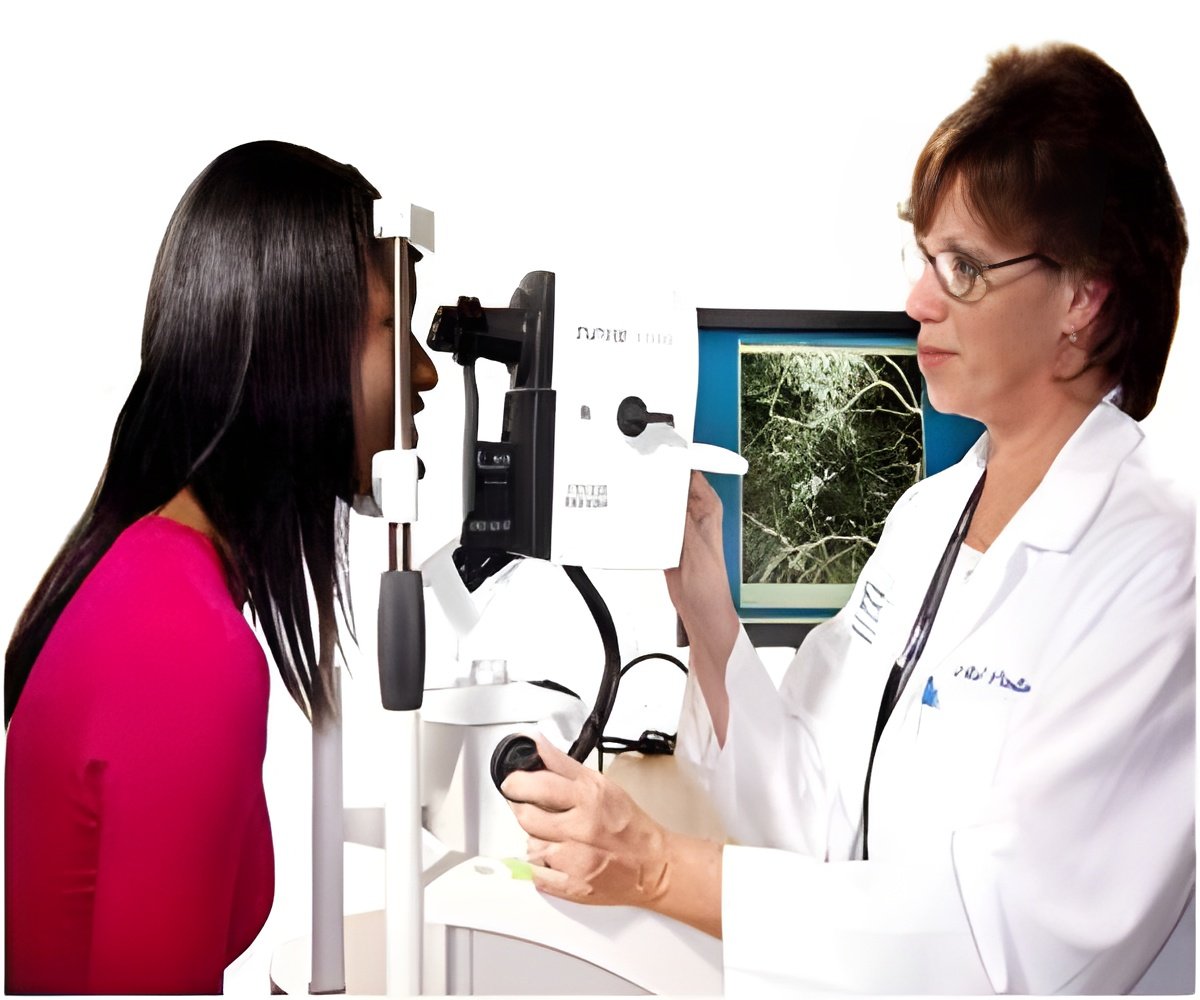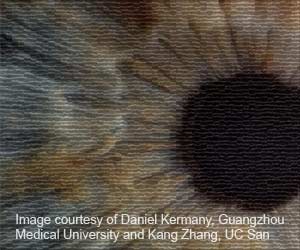Artificial intelligence is helping to expand the physical abilities of eye clinics and hospitals to perform repetitive tasks with less error and more efficiency.

‘Artificial intelligence system is getting trained to predict future eye diseases by simply looking at their retinal images.’





This offering provides a comprehensive clinical view of real-world data from almost 350,000 de-identified geographic atrophy (GA) patients, allowing Verena Health to identify GA diagnoses from electronic health records and images for research.Benefits of Artificial Intelligence (AI) in Screening Eye Diseases
In addition, Voxeleron, a cloud-based ophthalmic image analysis platform provider, announced the results of a study demonstrating its Orion platform, showing that it delivers higher accuracies and reduced variability compared to original equipment manufacturer software from other companies.The study showed Orion could analyze optical coherence tomography images from other manufacturers and showed greater accuracy with reduced variability, achieving both within a more streamlined workflow.
There is so much potential for AI in healthcare, and companies are starting to realize where to invest their time and money. AI in ophthalmology is important for so many reasons and could be a game changer for many.
Additionally, the AI-based diagnostic and screening tools provider, Toku, recently received $8m in Series A preferred financing to accelerate the development of its AI-powered technologies for retinal imaging.
Toku plans to use the financing to commercialize AI-powered technologies that are used to analyze retinal images for biometric markers associated with overall health and the risk of cardiovascular events, stroke, and diabetes.
Advertisement
Companies all over the globe and in different industries are viewing AI as a disruptive theme. A recent poll shows that 49% of respondents believe AI will significantly disrupt their industry, and 25% of respondents believe that disruption has already begun.
Advertisement
These challenges indicate a clear need for a more accurate, efficient, and cost-effective method of detecting diabetic retinopathy. This is where artificial intelligence comes into the picture.
Source-Medindia















